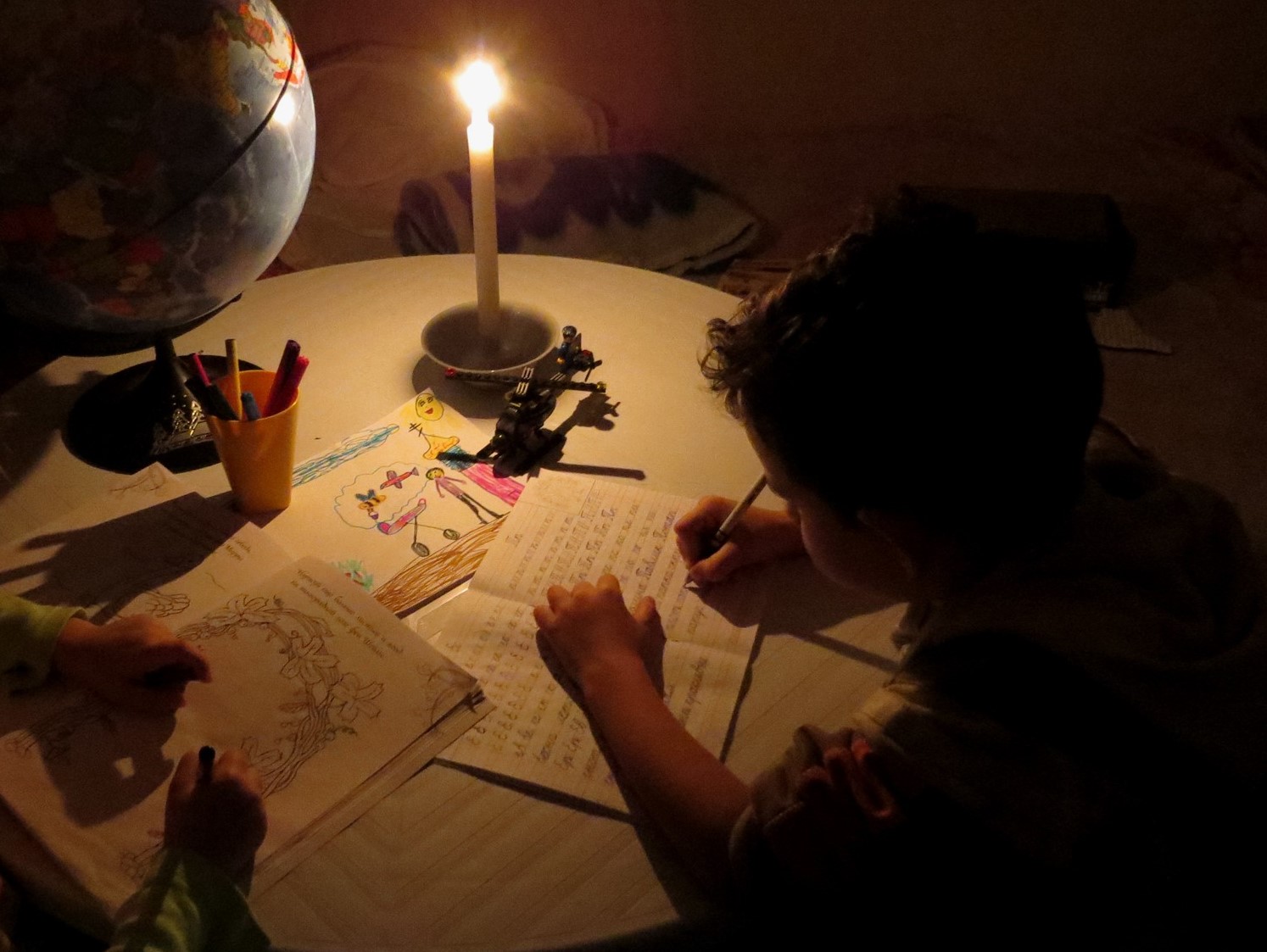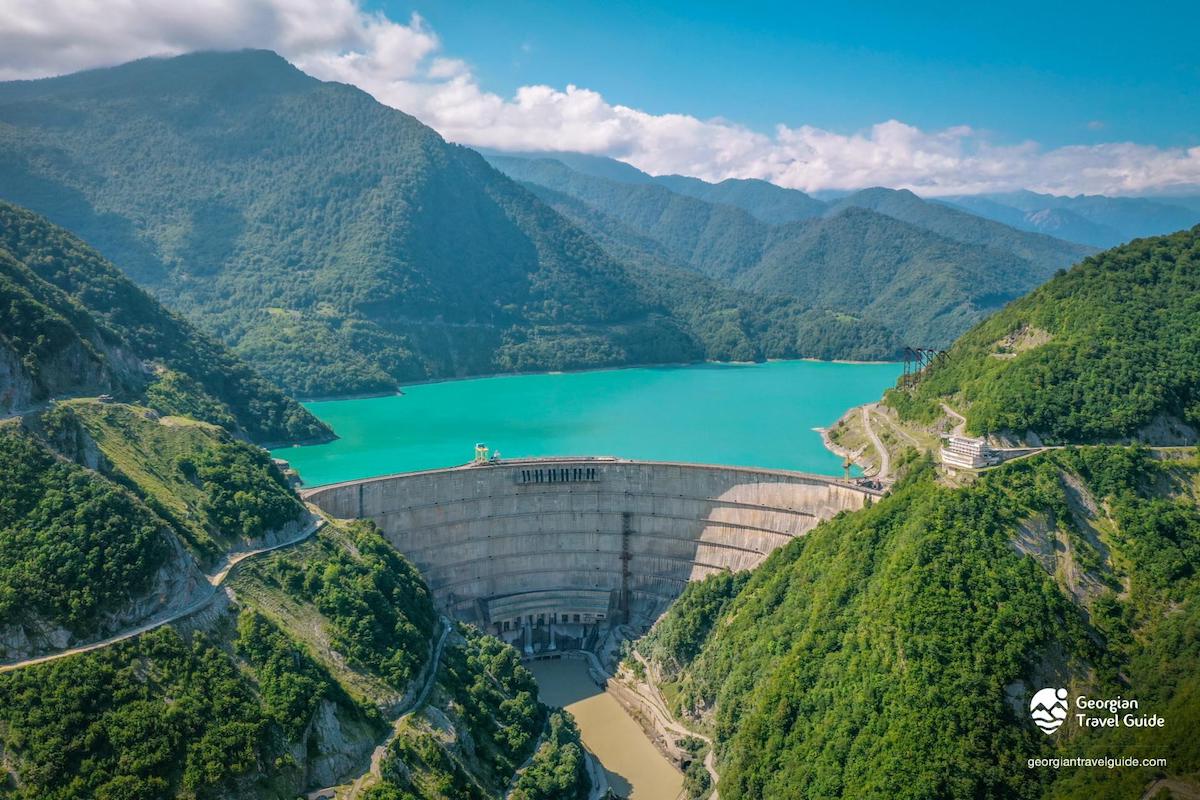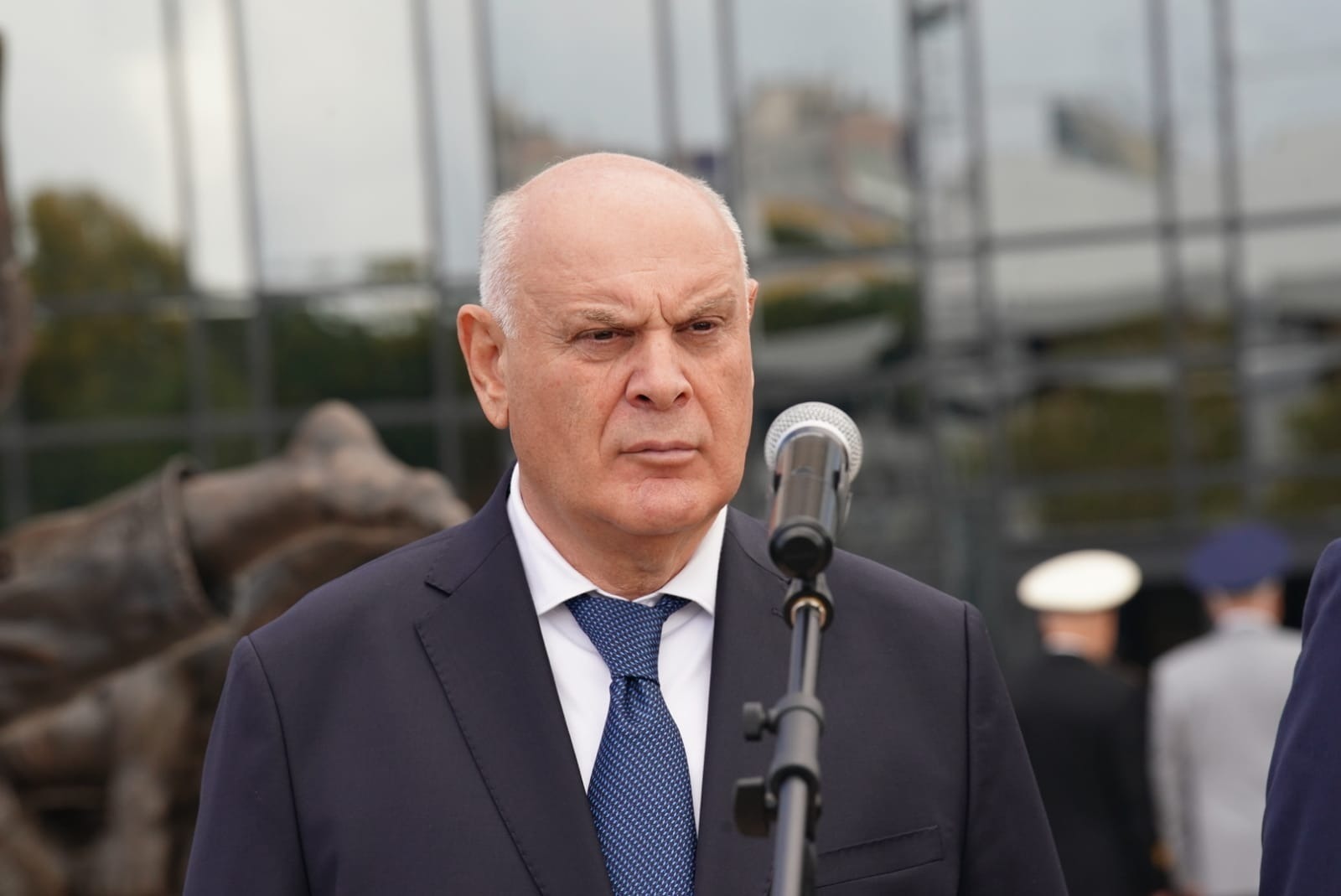
Power outages in Abkhazia
In Abkhazia, the season of rolling blackouts is beginning – starting November 1, a four-hour schedule of blackouts will be implemented throughout the republic. The Commissioner for Children’s Rights, Maktina Jinjolia, appealed to the government to make an exception for kindergartens and schools. Although there is a severe electricity shortage, the authorities will likely grant this request, especially with the presidential election coming up in early 2025.
Every year during the autumn-winter period, water levels drop in the reservoir of the Enguri Hydroelectric Station, which supplies power to the republic, leading to an energy deficit. This shortage is further aggravated by uncontrolled cryptocurrency mining, a problem the authorities have openly struggled to control. As a result, since 2020, annual electricity consumption has risen from 2 billion to 3 billion kWh.
- Camel blanket and home circus – how Abkhazians are experiencing “dark times”
- Energy crisis in Abkhazia: the role of crypto-mining
In her appeal, the Commissioner for Children’s Rights (children’s ombudswoman) calls on responsible agencies to pay attention to the potentially severe negative consequences associated with power outages, including those affecting educational institutions in Abkhazia. The appeal emphasizes that energy supply plays a crucial role in the proper functioning of the education system, the operation of schools and kindergartens, and the organization, quality, and accessibility of the educational process depend on it:
“The lack of lighting and heating during the cold season poses a threat to children’s health, disrupts their daily routines, and significantly complicates the maintenance of sanitary standards. Ensuring electricity supply is especially important for kindergartens, as it not only provides comfortable conditions necessary for the children’s health but also ensures proper nutrition, which should be warm and regular.”
Another critical issue is the dependency of educational institutions’ safety on power supply. The children’s ombudswoman and members of the Public Council under the Commissioner for Children’s Rights urge that this matter be considered a top priority for the well-being and future of children.
“We strongly request that you consider exempting educational institutions from the blackout schedule or ensure all necessary provisions, including autonomous diesel generators, to maintain the continuity of the educational process,” the appeal states.
It’s quite possible that the authorities will comply and exclude kindergartens and schools from the power outage schedule to avoid harming their reputation ahead of the presidential election scheduled for 2025. Next week, the parliament is expected to set the exact date for the election.
According to the law, the presidential election should take place between January 24 and March 24. The current president, Aslan Bzhania, who plans to run for a second term, would prefer the election to be held in late January. This timing would mitigate the negative impact of rolling blackouts on his approval rating, as a later election would likely accumulate more public discontent. Denying the ombudsman’s request regarding kindergartens and schools could further decrease his chances of reelection.
Toponyms, terminology, views and opinions expressed by the author are theirs alone and do not necessarily reflect the views and opinions of JAMnews or any employees thereof. JAMnews reserves the right to delete comments it considers to be offensive, inflammatory, threatening or otherwise unacceptable


